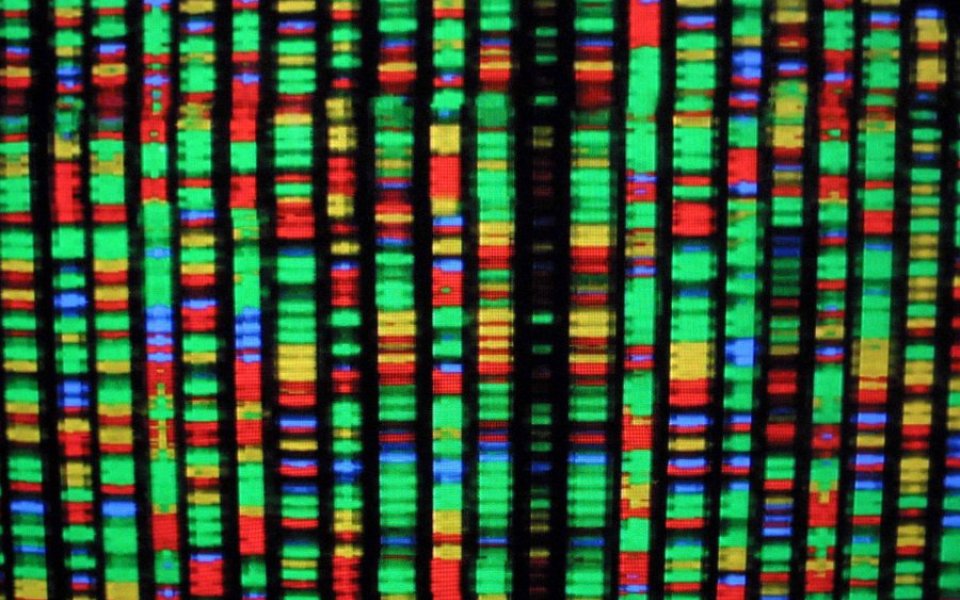Scientists have created a robot made entirely of DNA, and it could be used to treat cancer

A small robot formed from DNA has been created by scientists in the US, and it can autonomously walk in a human-like manner.
The nanoscale machine, developed at the University of Texas at Austin, is made of nothing by a single piece of DNA, formed into a torso and two tiny legs.
Without any need for human intervention, it can walk around by putting one foot in front of the other. It autonomously and randomly decides where to put its leg on each step, and can travel in any direction over a maximum distance of 36 steps.
Read more: Robots are stealing our jobs: Next to go is the fine wine industry
The hope is that once it can travel a little further, the tiny robot might be able to help in the detection and treatment of cancer, travelling around the human body in search of cancerous cells to tag and target with drugs. More details about the creation are published in the journal Nature Nanotechnology.
“This is an important step forward in developing nanoscale nucleic acid machines that can autonomously act under a variety of conditions, including in the body," said Andrew Ellington, one of the professors involved in creating the robot.
DNA nanotechnology is especially interesting because it explores the world of 'matter computers,' where computations (including walking) are carried out by physical objects, rather than by electronic or magnetic shuttles.
DNA walkers may eventually allow protective cells to walk the surface of organs, constantly computing whether a cancer is present.